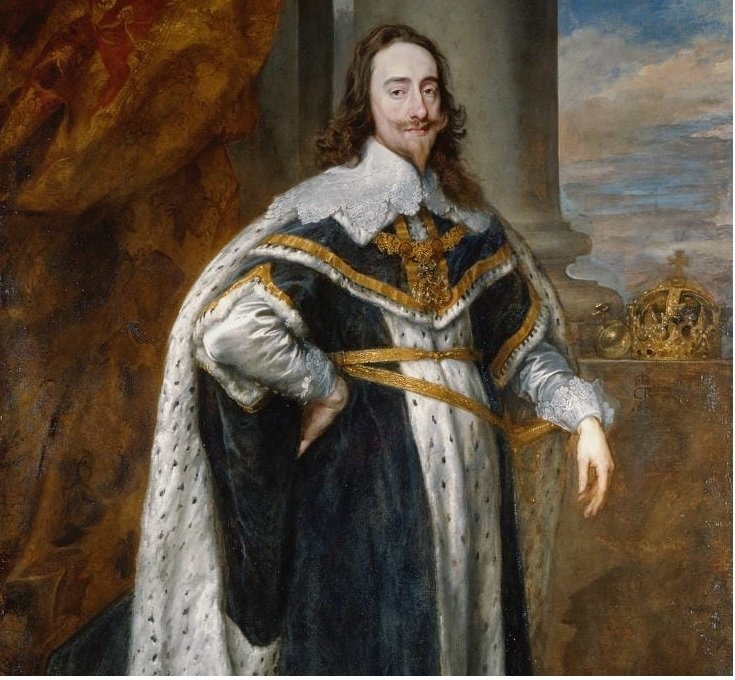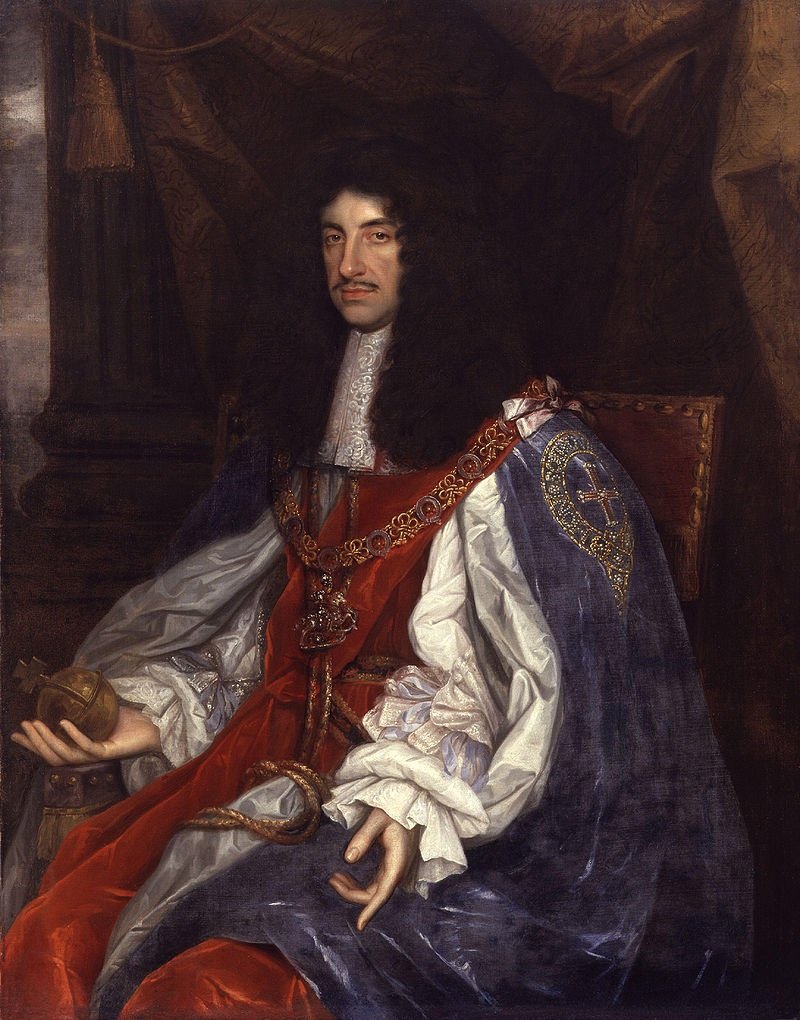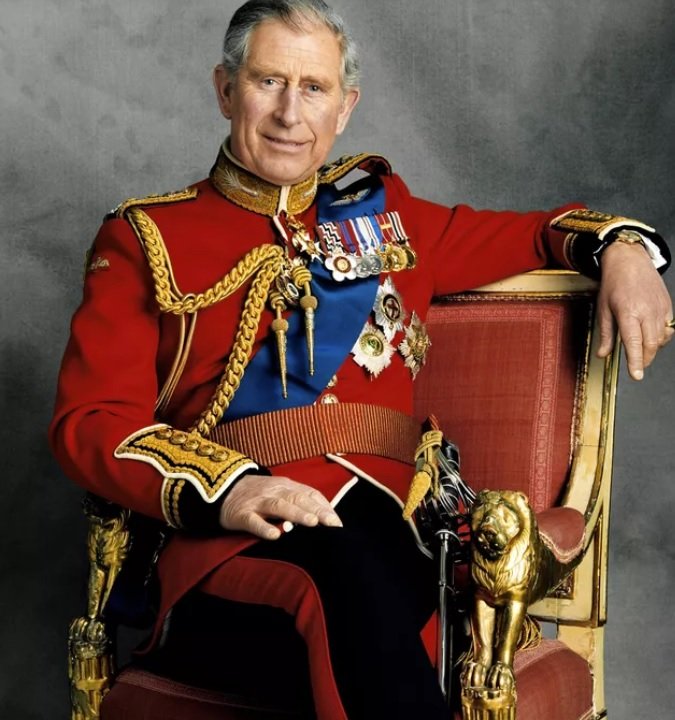The British Monarchy - Part I
Charles Philip Arthur George Mountbatten-Windsor, the oldest son of recently deceased Queen Elizabeth II, is now King Charles III of the United Kingdom of Great Britain and Northern Ireland.
He is a constitutional monarch with limited powers. The laws of Great Britain, as established by Parliament, define these powers, known as the 'royal prerogative.' Historically the King’s powers were virtually unlimited. Over a several hundred year period, the King went from an absolute ruler to today’s figurehead.
Current Powers of the Monarch
The monarch must approve all bills passed by Parliament before they become law (known as 'royal assent). At this time, royal assent is automatic; the last time a king withheld royal assent in Great Britain was 1708. The bill was the Scottish Militia bill. After the bill passed Parliament, a Franco-Jacobite invasion fleet was discovered en route to Scotland. Concerned over the loyalty of the Scottish militia, Queen Anne's ministers advised her to withhold assent, and she did.
The 1776 U.S. Declaration of Independence included this statement, referring to King George: "He has refused his Assent to Laws, the most wholesome and necessary for the public good." Laws passed in the colonies required royal assent, and the Declaration of Independence claims the King withheld that assent. However, it does not list any specific bills.
The monarch officially appoints the Prime Minister. Again, it is a formality, as the monarch selects the candidate the majority party provides. Queen Elizabeth appointed Liz Truss as British Prime Minister two days before her death. The sovereign can also dissolve Parliament when the ruling party loses a vote of 'no confidence.' The King also officially opens each session of Parliament, giving a speech.
The 1776 Declaration of Independence accuses King George III of abusing this power: "He has dissolved Representative Houses repeatedly, for opposing with manly firmness his invasions on the rights of the people. He has refused for a long time, after such dissolutions, to cause others to be elected."
Magna Carta
The Magna Carta (‘Great Charter’) was the first step in the evolution from absolute ruler to constitutional monarch. Rebellious barons and nobles of Great Britain forced King John of England to grant certain rights to them in 1215. King John was unpopular and lost battles to the barons. The Magna Carta lists these rights.
The 1215 Magna Carta continued 63 clauses. Some related to obscure issues of feudal times. For example, "All fish-weirs shall be removed from the Thames, the Medway, and throughout the whole of England, except on the seacoast." (A fish wier is an obstruction placed in water to trap fish.). Or this: "People who live outside the forest need not in future appear before the royal justices of the forest in answer to general summonses, unless they are actually involved in proceedings or are sureties for someone who has been seized for a forest offence." I'm not sure what that means.
The Magna Carta dealt with property ownership and inheritance issues. One clause prevented the king from setting arbitrary inheritance taxes (known as 'relief' at the time). The Magna Carta designated the fee: "If any earl, baron, or other person that holds lands directly of the Crown, for military service, shall die, and at his death his heir shall be of full age and owe a `relief,' the heir shall have his inheritance on payment of the ancient scale of `relief.' That is to say, the heir or heirs of an earl shall pay £100 for the entire earl's barony…”
Due to high mortality in those days, a minor would often inherit property. A guardian would manage the property. The Magna Carta prevented guardians from exploiting the land: "The guardian of the land of an heir who is underage shall take from it only reasonable revenues, customary dues, and feudal services. He shall do this without destruction or damage to men or property."
Portion of the Original Magna Carta - written in Latin
The Magna Carta included the rights of women: "At her husband's death, a widow may have her marriage portion and inheritance at once and without trouble. She shall pay nothing for her dower, marriage portion, or any inheritance that she and her husband held jointly on the day of his death." (A dower is a widow's share of her husband's estate.) Another clause regarding women's rights: "No widow shall be compelled to marry, so long as she wishes to remain without a husband."
The Magna Carta included the concept that the monarch needed the consent of the governed to impose taxes. He no longer could arbitrarily impose them. "No `scutage' or `aid' may be levied in our kingdom without its general consent…." (Scutage is money paid to the King in lieu of military service.)
The most famous clauses stated that no person can be deprived of freedom except through due process of law. Clauses 38, 39, and 40: "In future no official shall place a man on trial upon his own unsupported statement, without producing credible witnesses to the truth of it.
No free man shall be seized or imprisoned, or stripped of his rights or possessions, or outlawed or exiled, or deprived of his standing in any other way, nor will we proceed with force against him, or send others to do so, except by the lawful judgement of his equals or by the law of the land.
To no one will we sell, to no one deny or delay right or justice."
These three clauses meant that no person shall be deprived of freedom except through due process of law.
Finally, the Magna Carta granted barons an enforcement mechanism against the king. Clause 61: "The barons shall elect twenty-five of their number to keep, and cause to be observed with all their might, the peace and liberties granted and confirmed to them by this charter."
If the Magna Carta were violated, the barons could "seize our [the kings] castles, lands, possessions, or anything else saving only our own person and those of the queen and our children, until they have secured such redress as they have determined upon."
The Magna Carta was just the first step in creating the British Constitutional monarchy. Before the Magna Carta, the King of England was an absolute monarch. In June 1215, everyone, including the monarch, was bound by the same statutes for the first time. The Magna Carta established the notion of the rule of law.
In the next post in this series, we will continue exploring the history of the British Monarchy and it’s powers.



